- DroidAfrica
- Apple
- Apple iPhone 13
Apple iPhone 13
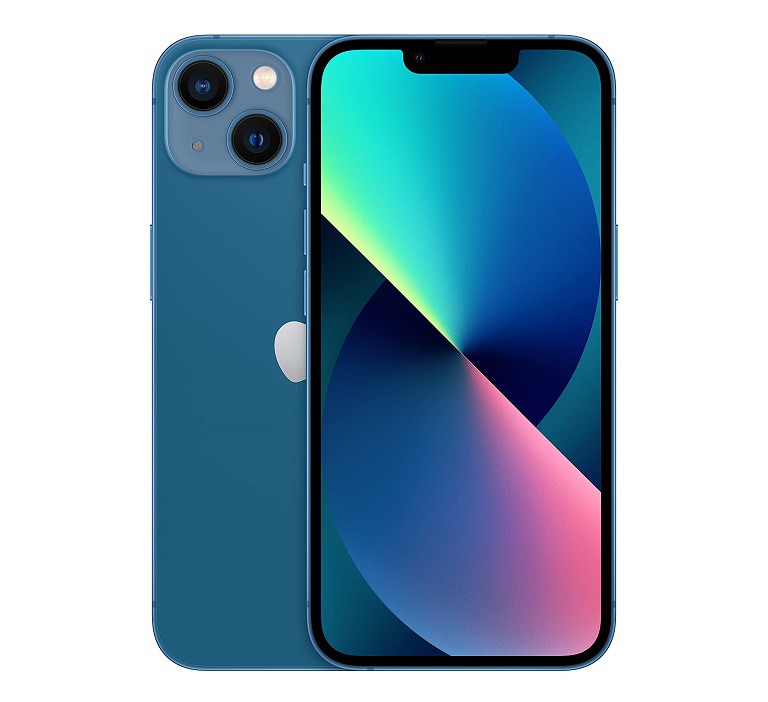
Apple iPhone 13 Highlights and Overview
This is the standard version of Apple’s iPhone 13-series, and the direct successor to the iPhone 12 of October 2020. The model comes with usual Apple notch, and has two camera sensors on the rear. There is a 6.1-inches Super Retina OLED screen on the front, offering HDR10 and Dolby Vision with up to 1200 peak brightness.

Powering the iPhone 13 is Apple’s A15 Bionic. A flagship 6-core Chipset maxed at 3.22GHz, along with a 4-core Apples GPU, 4GB RAM and up to 512 Gigabytes of built-in non-expandable storage.
Coming to the optics, the iPhone 13 has two lenses on the rear. These includes a 12-megapixel primary snapper f/1.6 aperture and a 12-megapixel ultrawide secondary lens with F/2.4 aperture, while the another 12-megapixel selfie lens with an SL 3D depth sensor is held within the notch on the front.
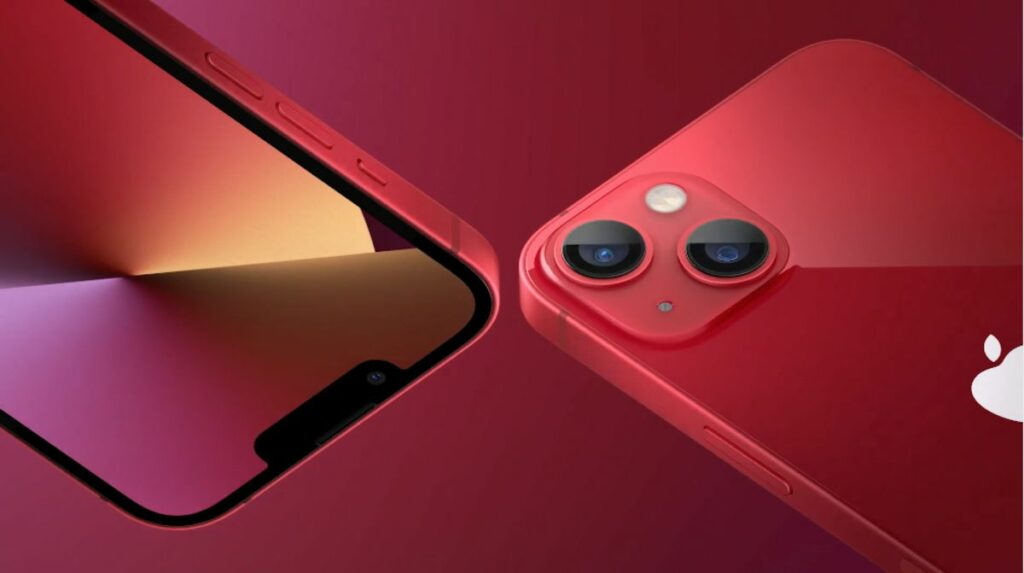
The phone is painted in Green, Blue, Red, Pink Starlight, and Midnight. It is powered by a 3240mAh battery with 23W, and 15W wireless fast charging, while Apple’s iOS 15 is boot out of the box. The full specifications of Apple iPhone 13 smartphone is contained in the table below.
Apple iPhone 13 Full Specifications and Features
NETWORK
| Technology | GSM / CDMA / HSPA / EVDO / LTE / 5G |
| 2G Network Bands | GSM 850 / 900 / 1800 / 1900 - SIM 1 and SIM 2 (dual-SIM) |
| 3G Network Bands |
HSDPA 850 / 900 / 1700(AWS) / 1900 / 2100 CDMA2000 1xEV-DO |
| 4G Network Bands |
All modes: 1, 2, 3, 4, 5, 7, 8, 12, 13, 17, 18, 19, 20, 25, 26, 28, 30, 32, 34, 38, 39, 40, 41, 42, 46, 48, 66 Added 4G Bands 11, 14, 21, 29, 71 (A2482 and A2631 only) |
| 5G Network Bands |
All modes: 1, 2, 3, 5, 7, 8, 12, 20, 25, 28, 29, 30, 38, 40, 41, 48, 66, 71, 77, 78, 79 SA/NSA/Sub6 Added 5G Bands: - 29, 71 (A2633, A2482, A2631 only) - 258, 260, 261 / mmWave (A2482 only) |
| Speed | HSPA 42.2/5.76 Mbps, LTE-A (4CA) Cat16 1024/150 Mbps, EV-DO Rev.A 3.1 Mbps |
LAUNCH
| Also Known As |
- - |
BODY
| Dimensions | 146.7 x 71.5 x 7.7 mm |
| Weight | 174 grams |
| Build |
Glass front (Gorilla Glass) / Glass back (Gorilla Glass) / Aluminum frame + IP68 dust/water resistant (up to 6m for 30 mins) |
| SIM Type | Single SIM (Nano-SIM) or Dual SIM (Nano-SIM, dual stand-by) |
DISPLAY
| Display Type | Super Retina XDR OLED Screen / HDR10 / Dolby Vision / with up to 1200 nits |
| Size | 6.1 inches, (86.0% screen-to-body ratio) |
| Resolution | 1170 x 2532 pixels, 19.5:9 ratio (460 ppi density) |
PLATFORM
| Operating System | iOS 15 (upgradable) |
| Chipset | Apple A15 Bionic (5 nm) |
| CPU | Hexa-core (2x3.22GHz Avalanche + 4x1.8 GHz Blizzard) |
| GPU | Apple GPU (4-core graphics) |
MEMORY
| RAM + ROM | 4GB + 128GB / 4GB + 256GB / 4GB + 512GB |
| Card Slot | No |
MAIN CAMERA
| Camera Type | Double Lenses |
| Camera Sensor(s) |
Main: 12MP, F1.6, Dual Pixel PDAF, sensor-shift OIS Ultrawide: 12MP, f/2.4, 120˚ FoV |
| Camera Features | Autofocus / Continuous shooting / Digital zoom / HDR / Touch focus / Face detection / Dolby Vision HDR / Stereo sound rec./ LED flash |
| Video Resolution | 4K@24/25/30/60fps, 1080p@30/60/120/240fps |
SELFIE CAMERA
| Camera Type | Double Lenses |
| Camera Sensor(s) |
Main: 12MP, F/2.2, SL 3D camera for FaceID and Depth sensing |
| Camera Features | HDR / Cinematic video stabilization / Face unlock / gyro-EIS |
| Video Resolution | 2160p@24/30/60fps 1080p@30/60/120fps |
SOUND
| Loudspeaker | Yes, Dual digital stereo speakers |
| Speaker Location | Chin, below and above display |
| Audio Jack Type | No |
CONNECTIVITY
| Bluetooth | Bluetooth 5.0, A2DP, LE |
| NFC | |
| GPS | Yes, with A-GPS, GLONASS, GALILEO, BDS, QZSS |
| FM Radio | No |
BATTERY
| Battery Capacity | Non-removable Li-Ion 3240mAh battery |
| Wireless Charging |
Yes, Qi magnetic fast wireless charging 7.5W MagSafe wireless charging 15W |
OTHER FEATURES
| Sensors | Fingerprint (side-mounted), accelerometer, proximity, compass |
| Box Contents | Charging Brick / USB cable |
Apple iPhone 13 User Reviews and Opinions
Disclaimer Note
This specification was entered manually, hence we CANNOT guarantee 100% accuracy. Any error? Let us know in the comment section.






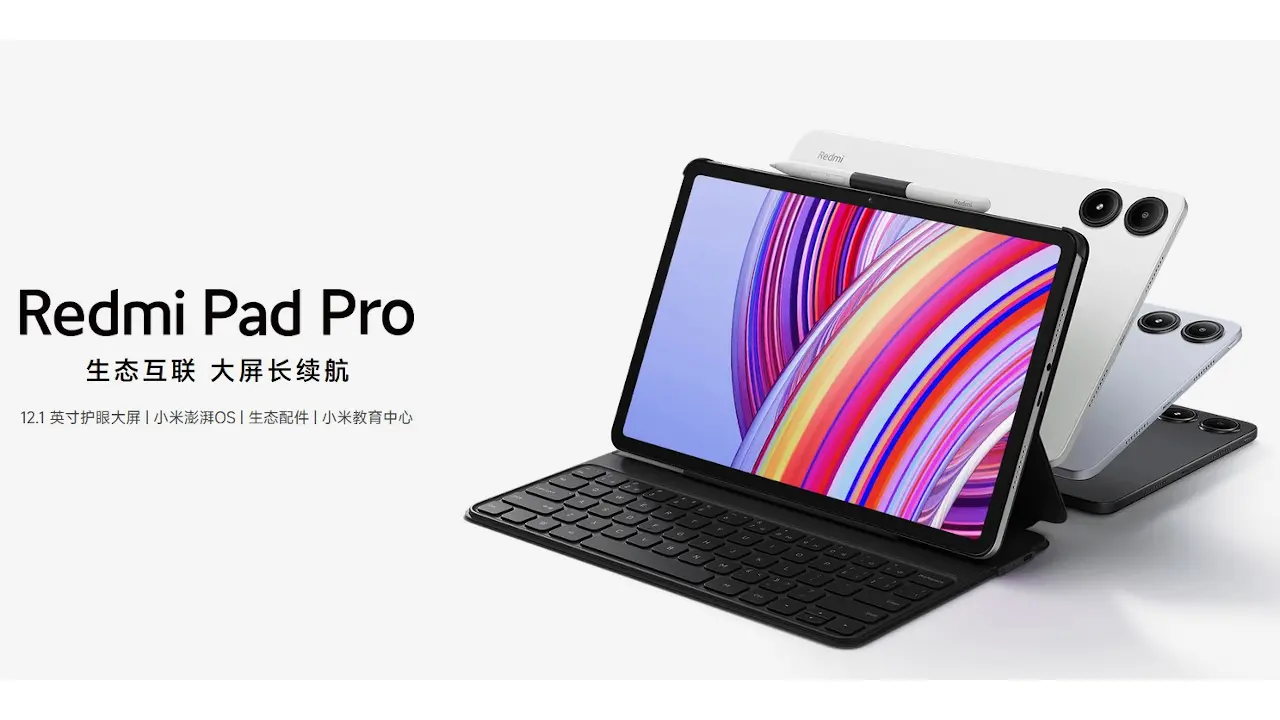
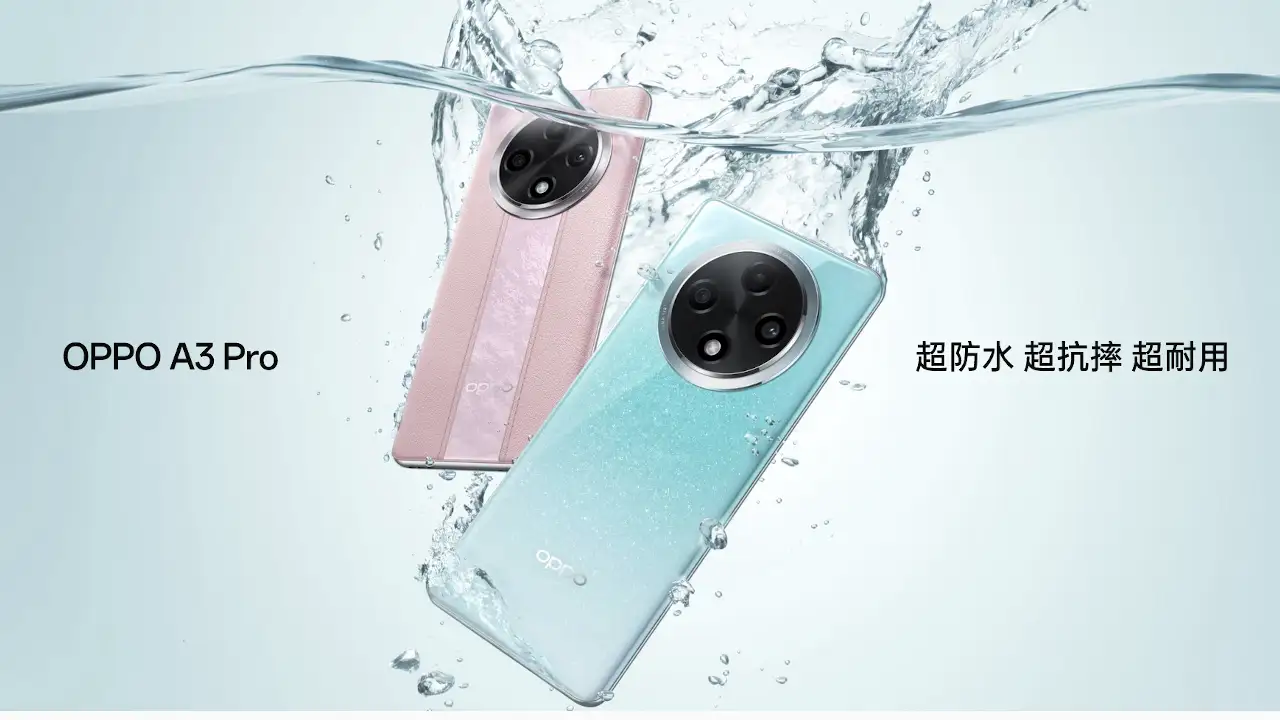

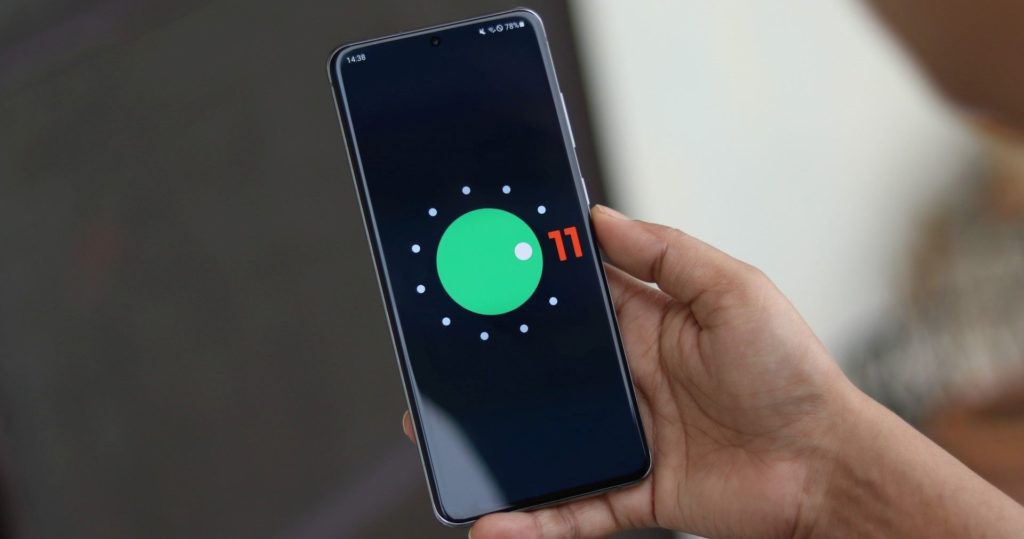
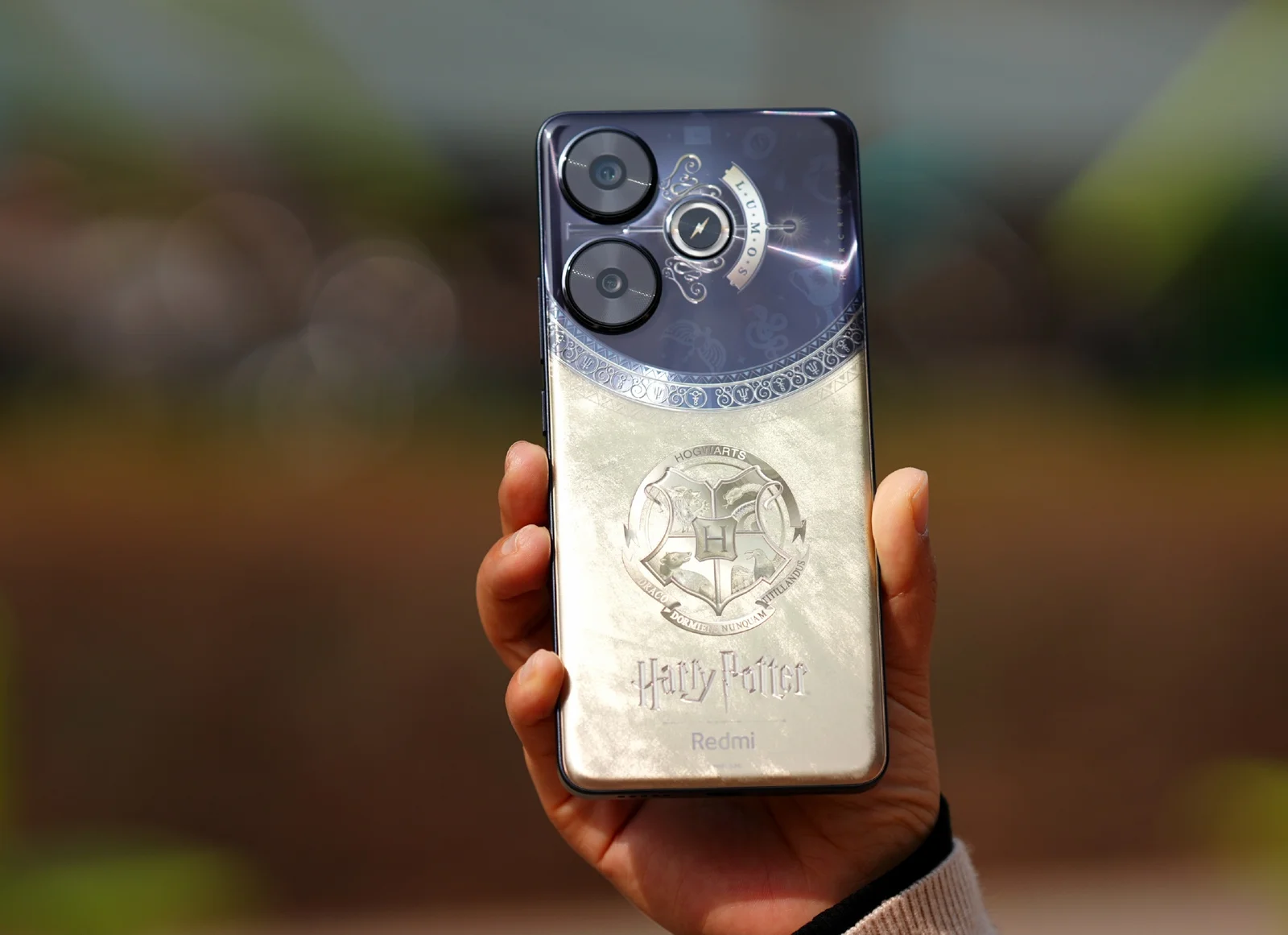
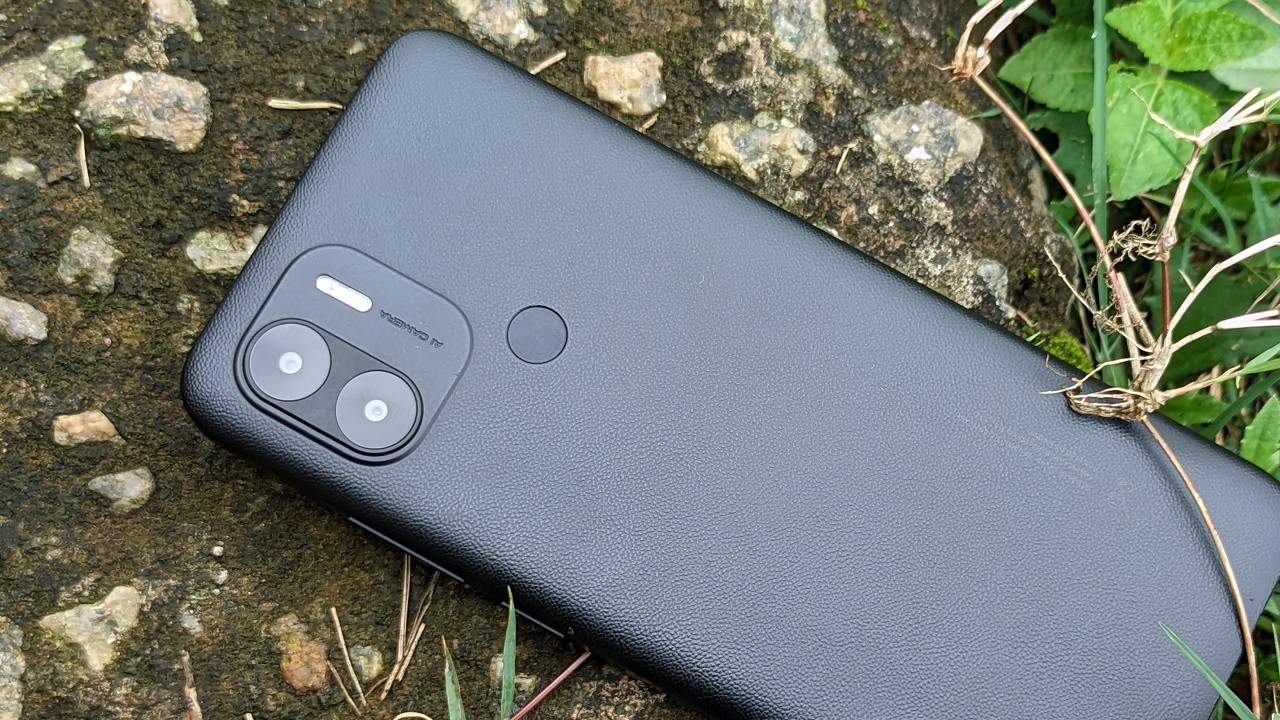
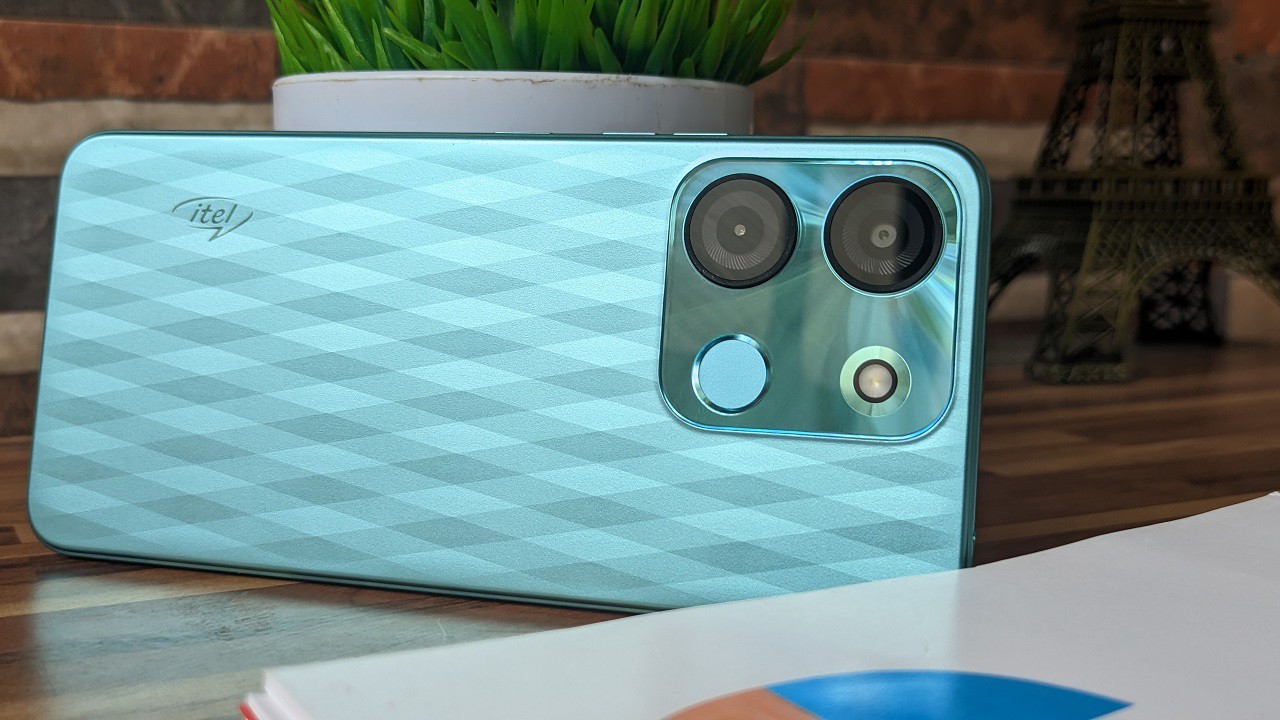
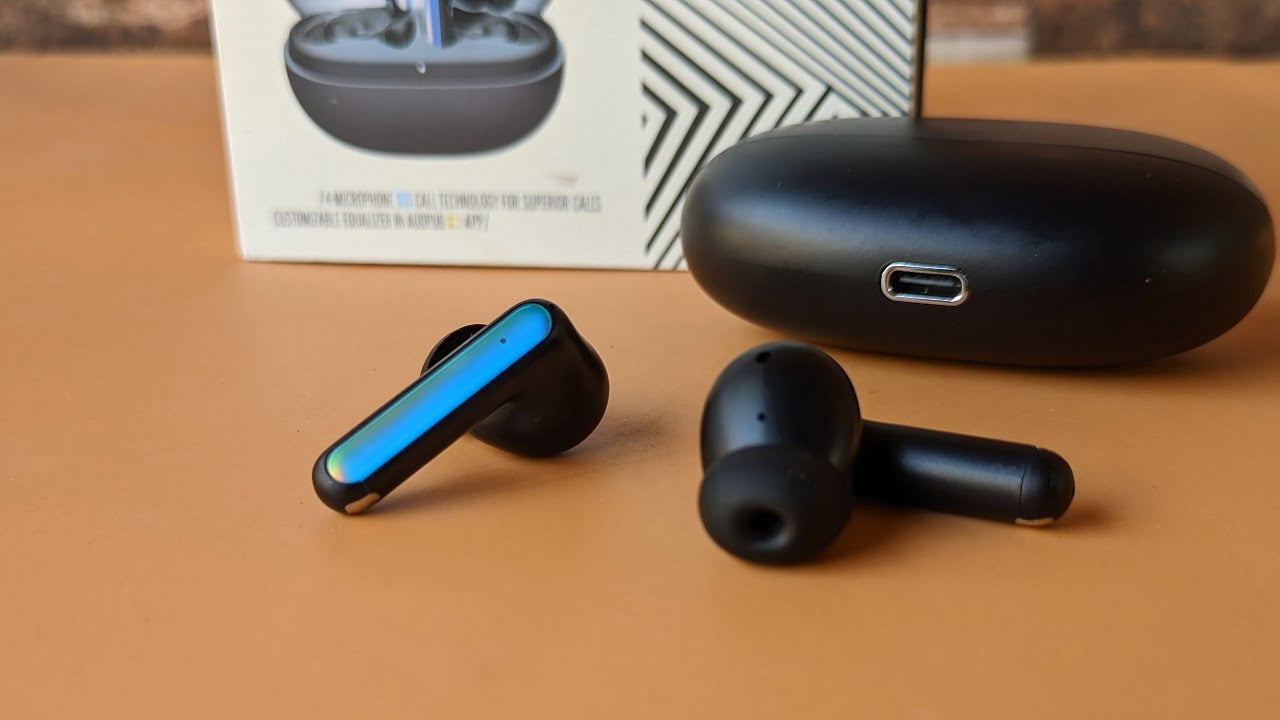
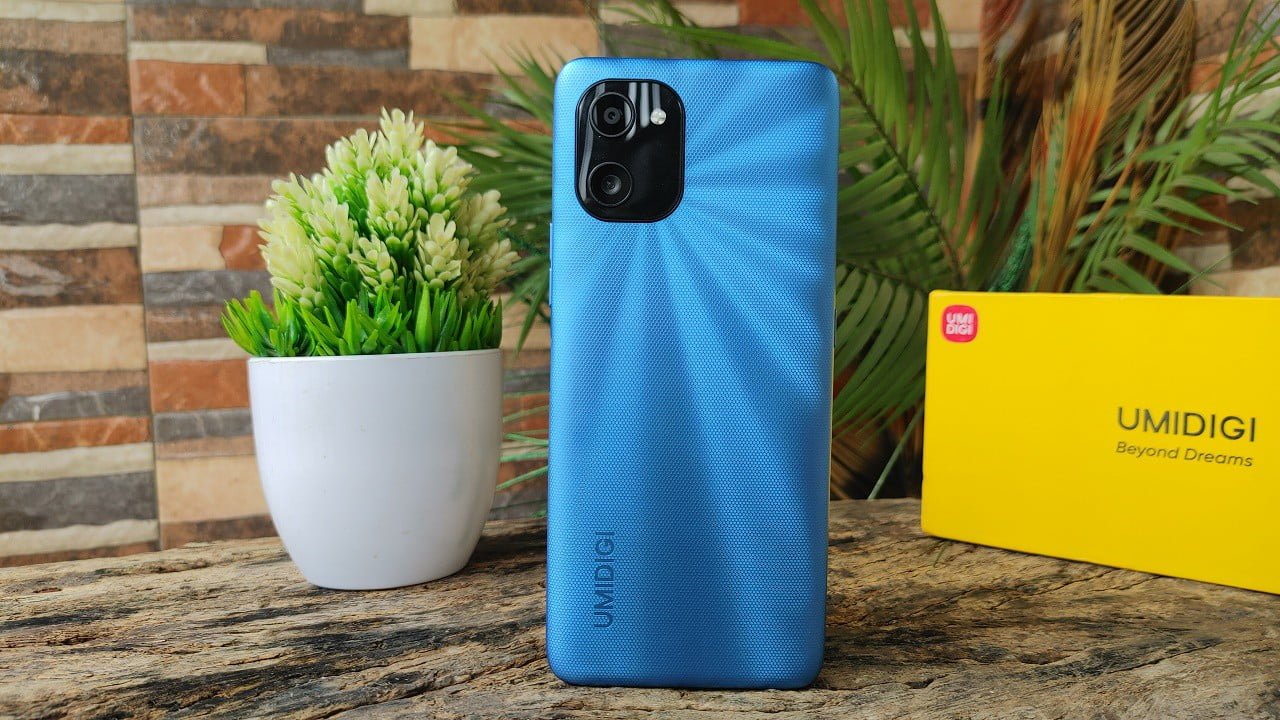
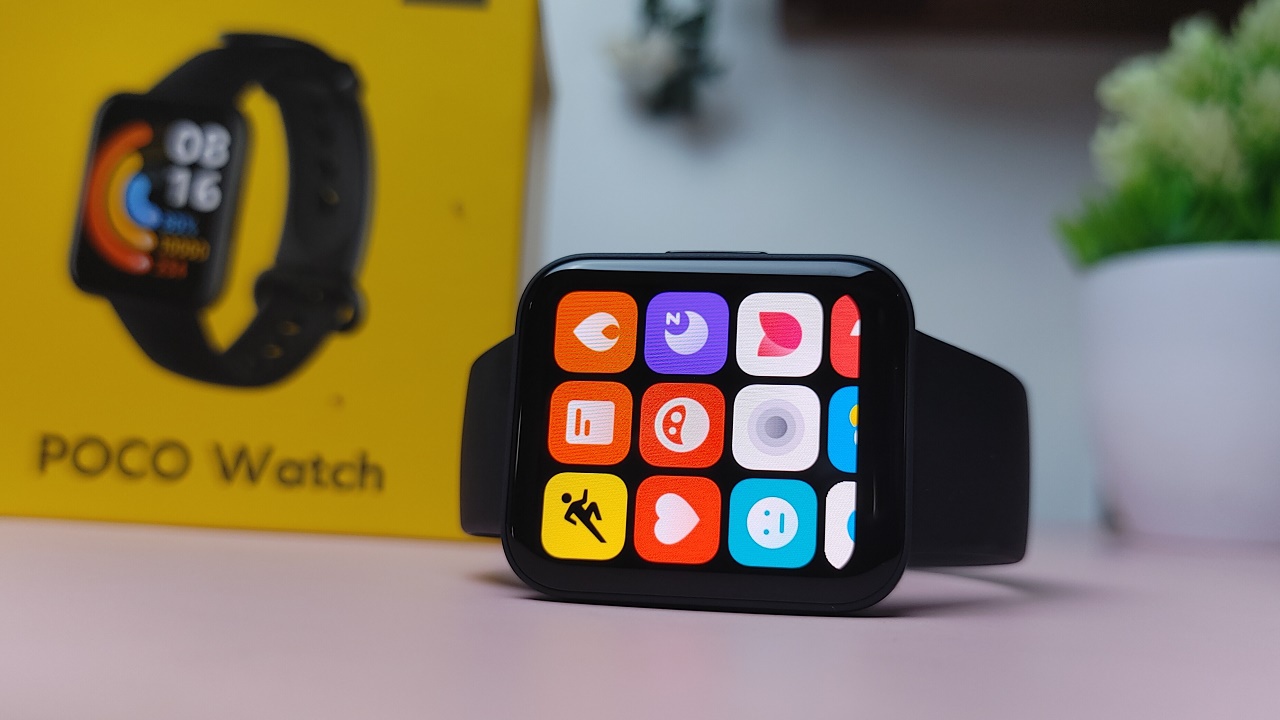
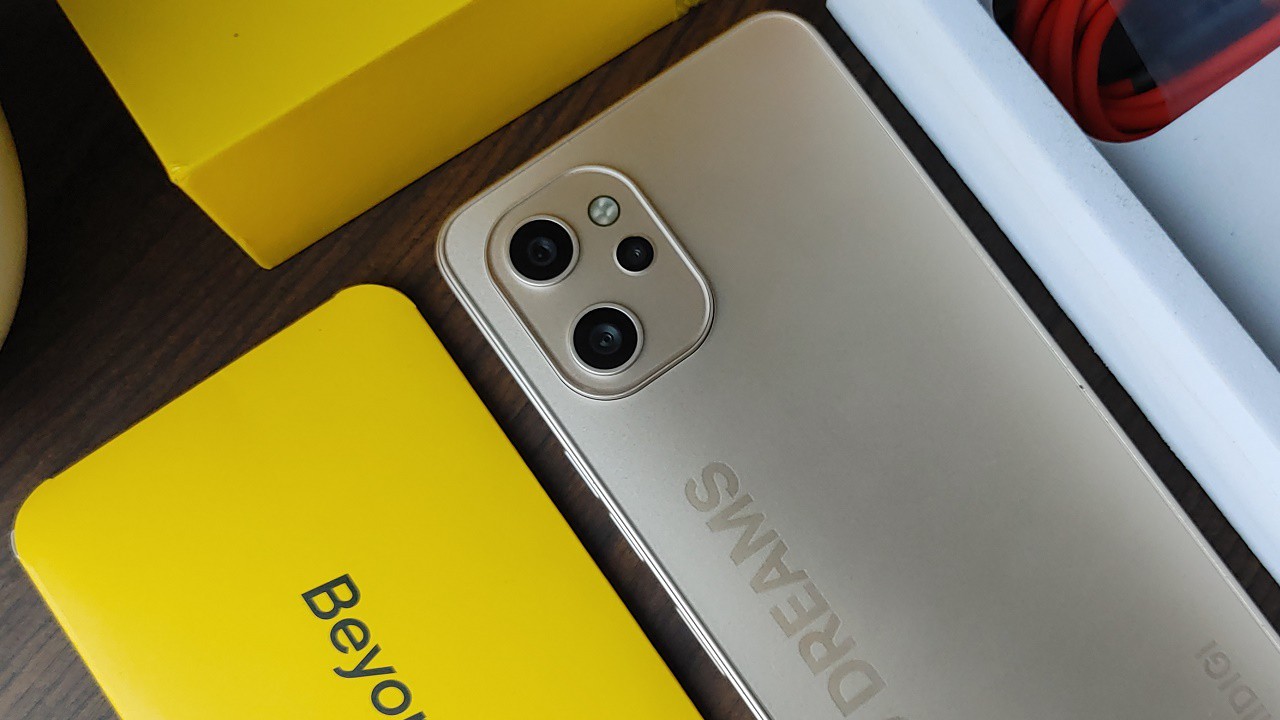
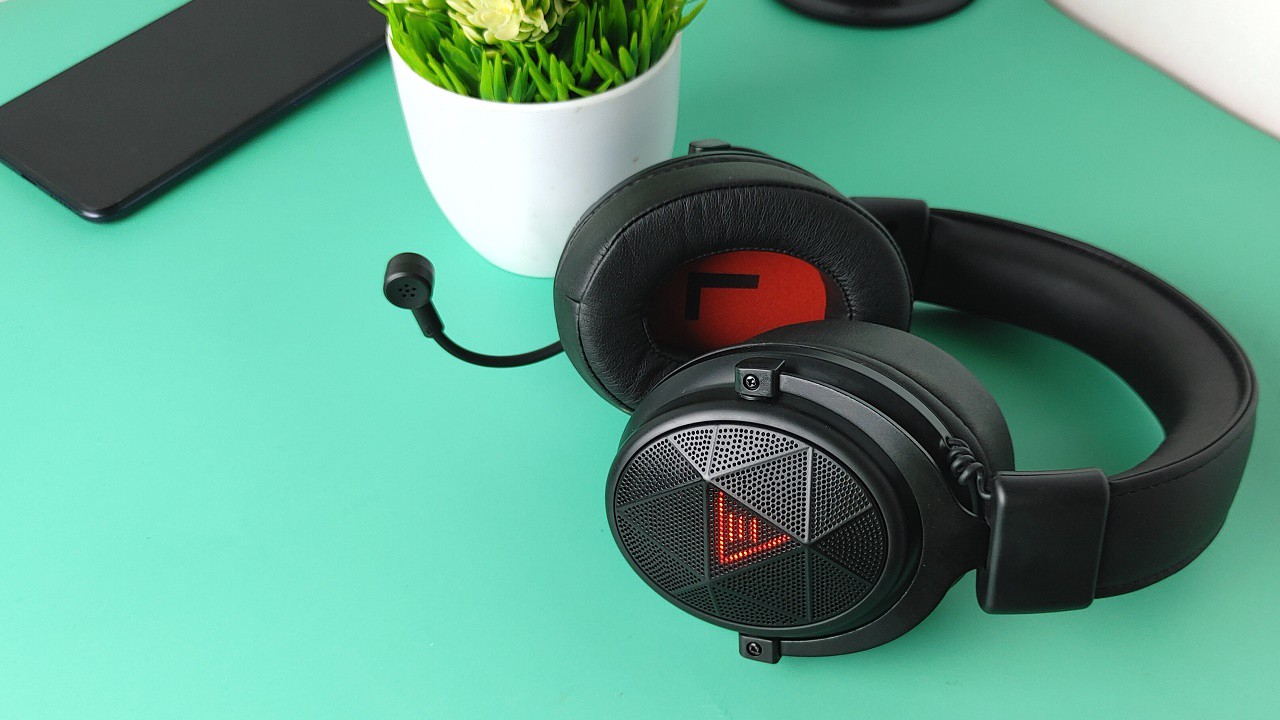
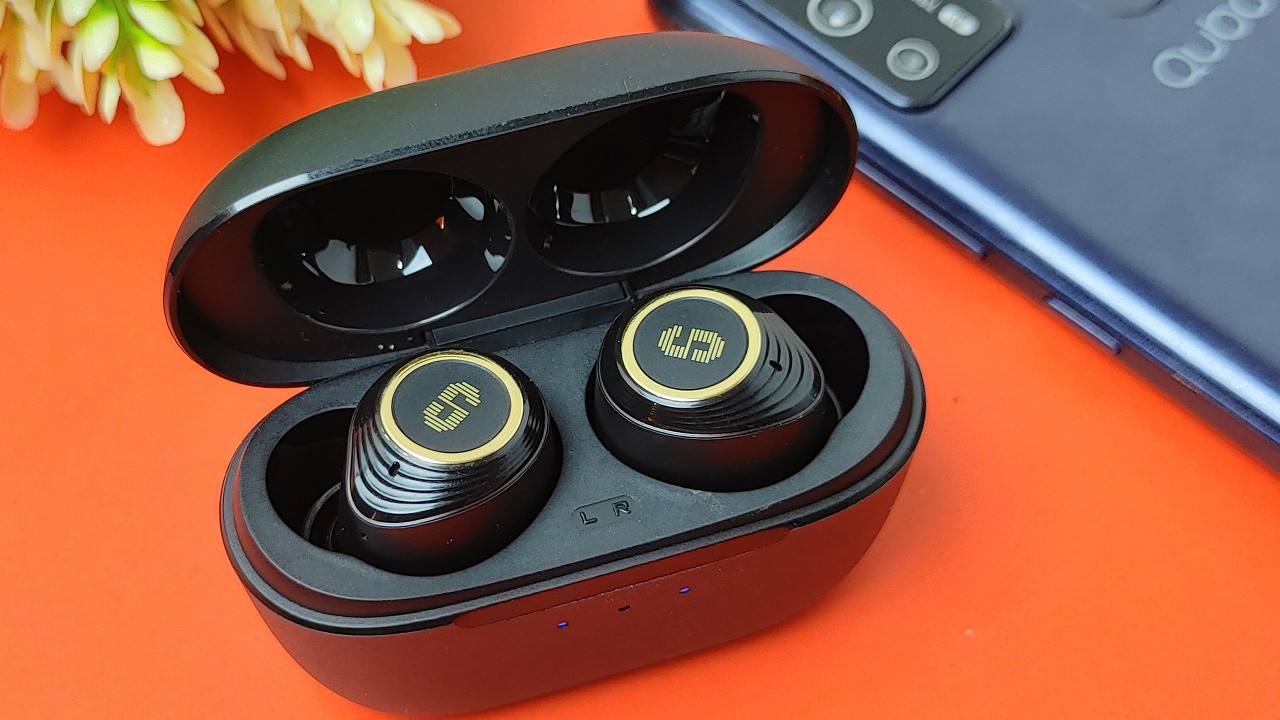
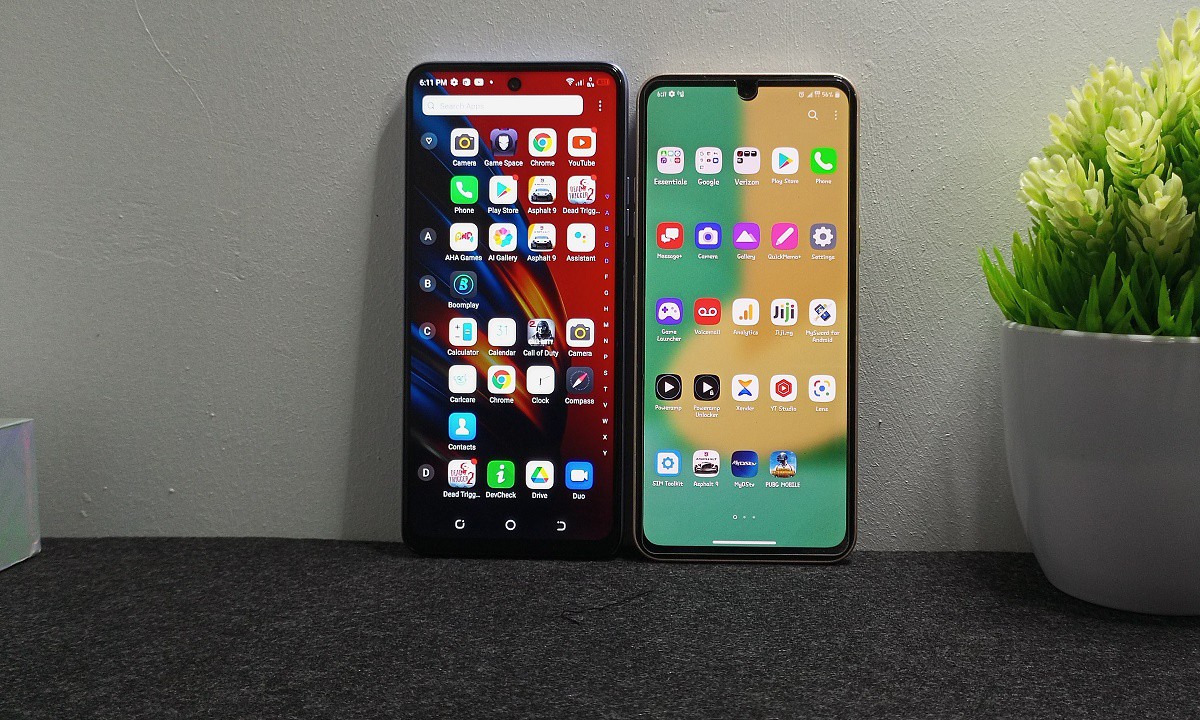
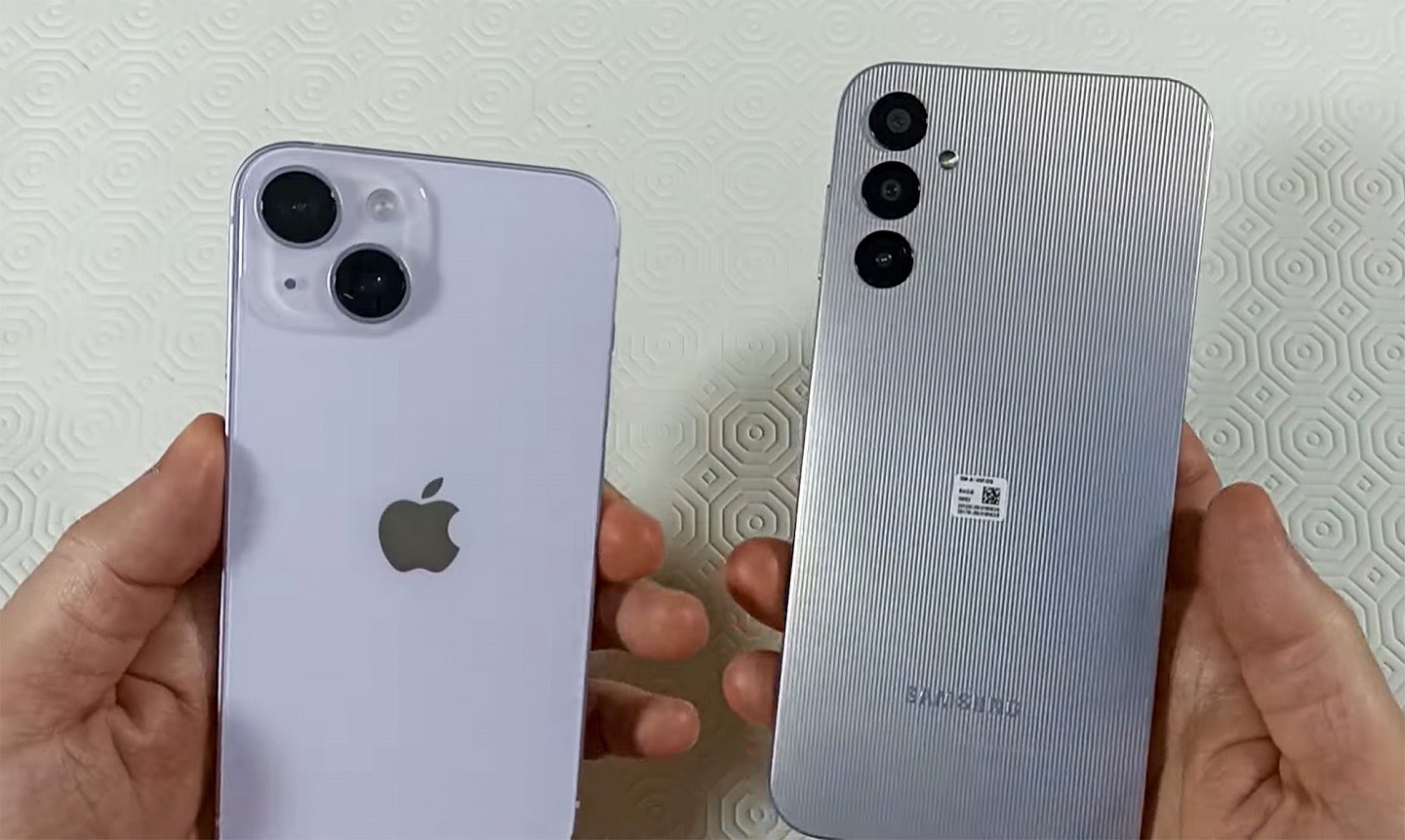
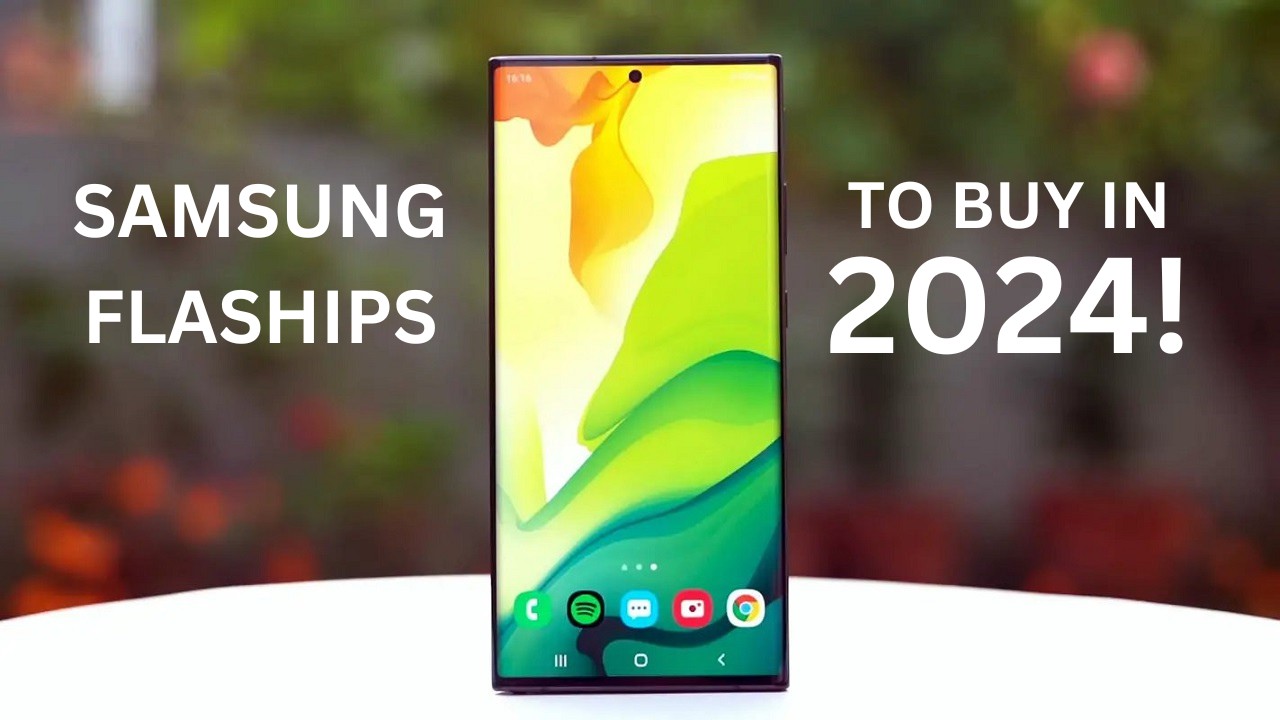
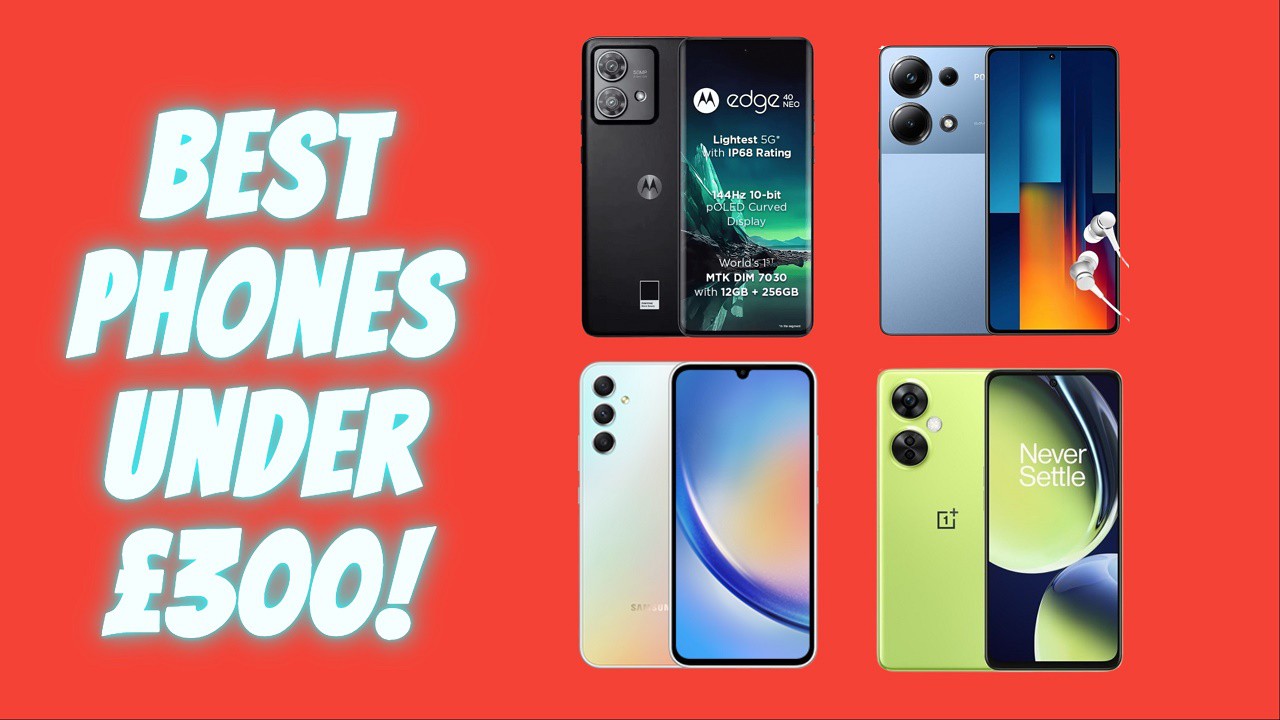
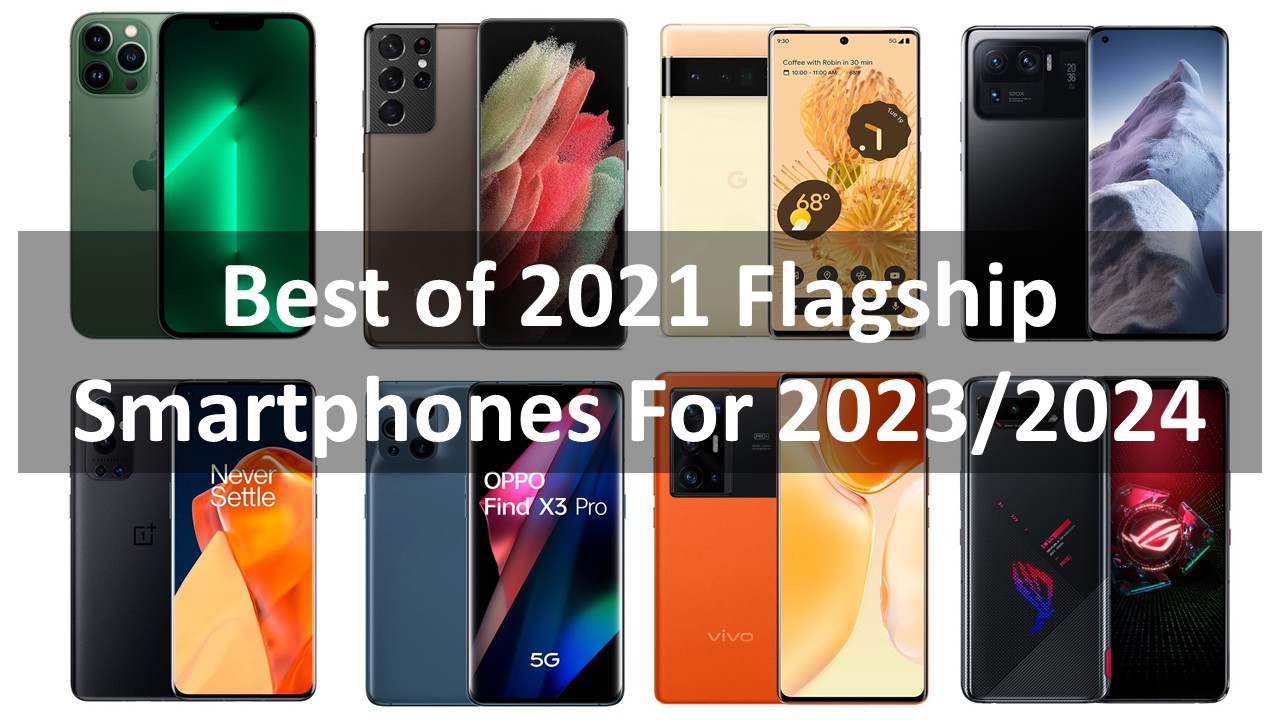
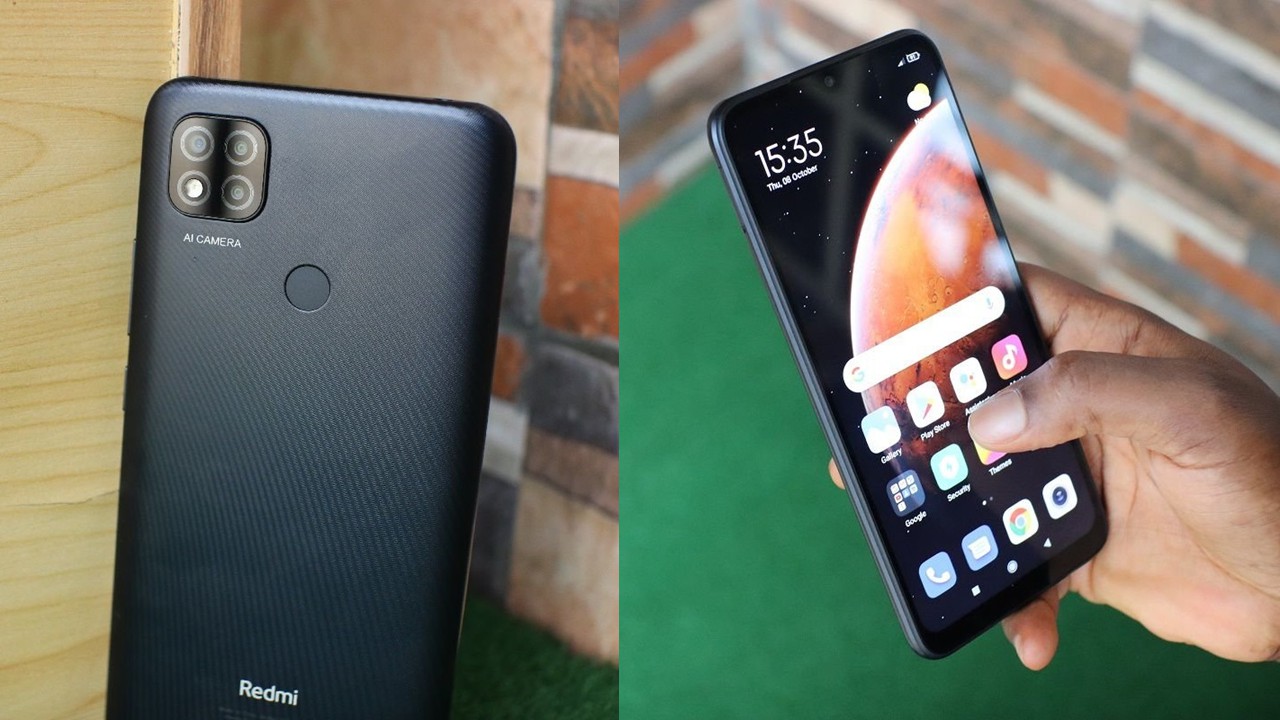
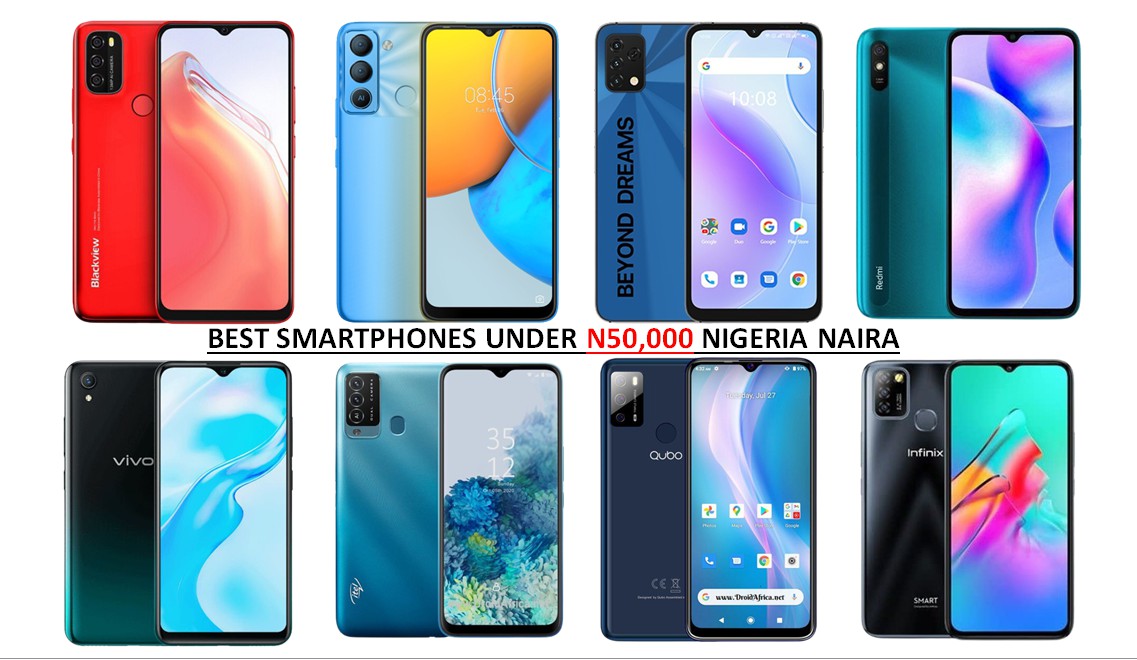
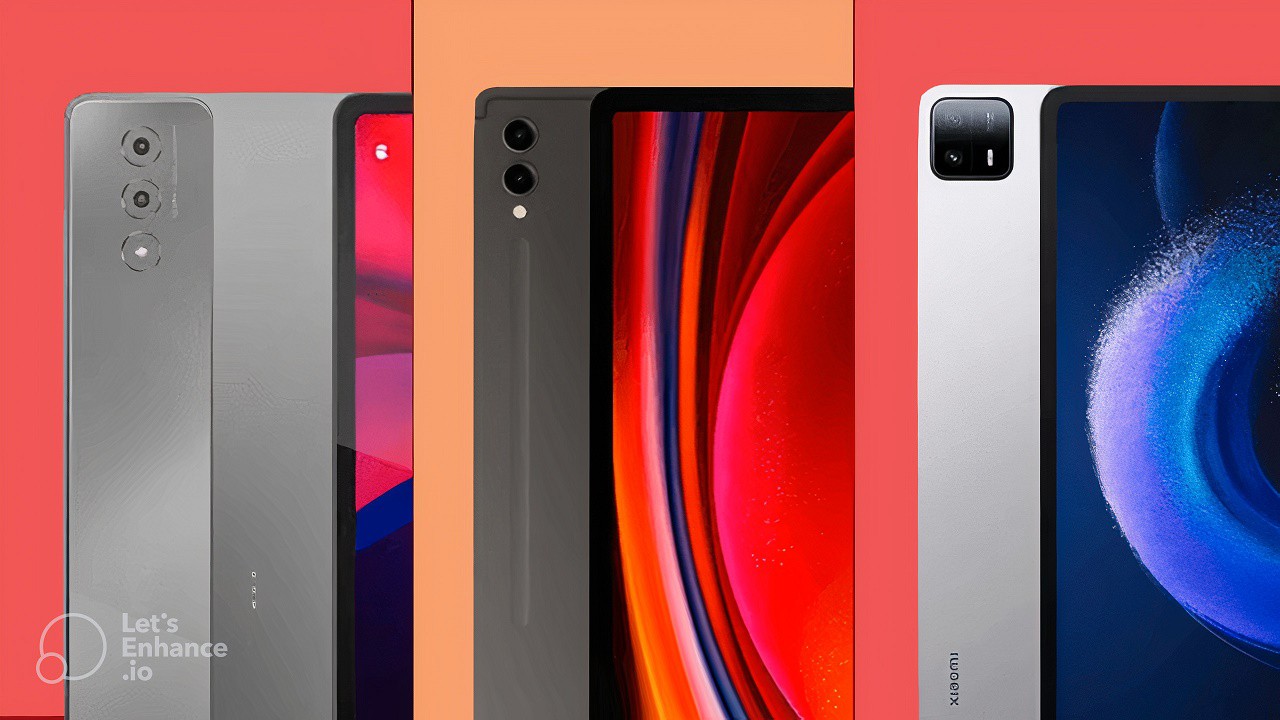
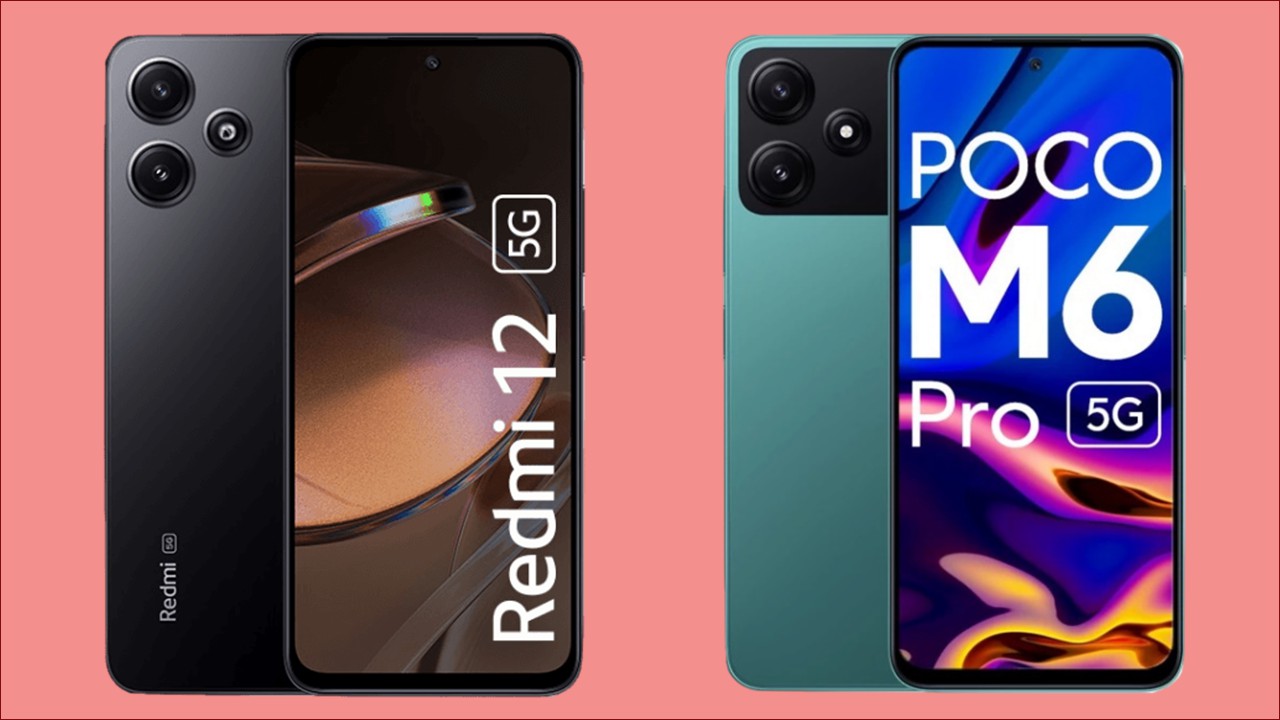
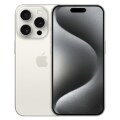
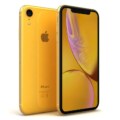
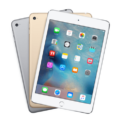

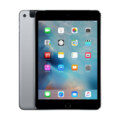
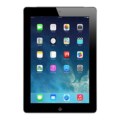
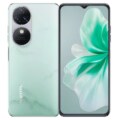
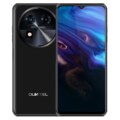
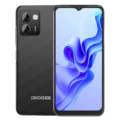
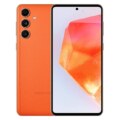
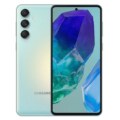
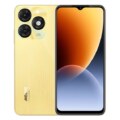

Leave a Reply